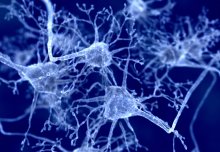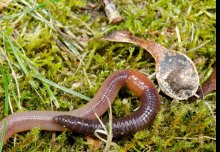

JUMP START
Mallorcan midwife toads pave the way for fungal cure
Research published today reveals the first-ever successful elimination of a fatal chytrid fungus in a wild amphibian.
 1
1



Mallorcan midwife toads pave the way for fungal cure
Research published today reveals the first-ever successful elimination of a fatal chytrid fungus in a wild amphibian.
 1
1


Sugar switch may explain link between obesity and cancer, study suggests
Researchers have identified a mechanism that allows cancer cells to grow rapidly when levels of sugar in the blood rise.
 2
2


New Director of Bioservices explains Imperial's approach to animal research
Imperial has appointed Professor Marina Botto as its first Director of Bioservices to oversee animal care and animal research strategy at the College.


Enzyme found to play key role in breast cancer tumour growth
A potential new target for treating the most common form of breast cancer has been discovered by an international team of scientists.


New technique negotiates neuron jungle to target source of Parkinson's disease
Researchers believe they have found a potential new way to target cells of the brain affected by Parkinson's disease.
 4
4


Health risks of saturated fats aggravated by immune response
High levels of saturated fat in the blood could make an individual more prone to inflammation and tissue damage, a new study suggests.
 2
2


Linking genes with actions, thanks to worms
The wriggling and writhing of worms may hold clues to the inner workings of our brains, according to scientists.


Researchers identify new drug target for serious heart and lung condition
A gene has been identified that sheds new light on a potentially fatal heart and lung condition and could lead to a new treatment.


Scientists solve mystery behind earthworm digestion
Scientists have discovered how earthworms can digest plant material, such as fallen leaves, that would defeat most other herbivores.
 1
1


Study finds brain chemicals that keep wakefulness in check
Mice that have a particular brain chemical switched off become hyperactive and sleep for just 65 per cent of their normal time.
 8
8